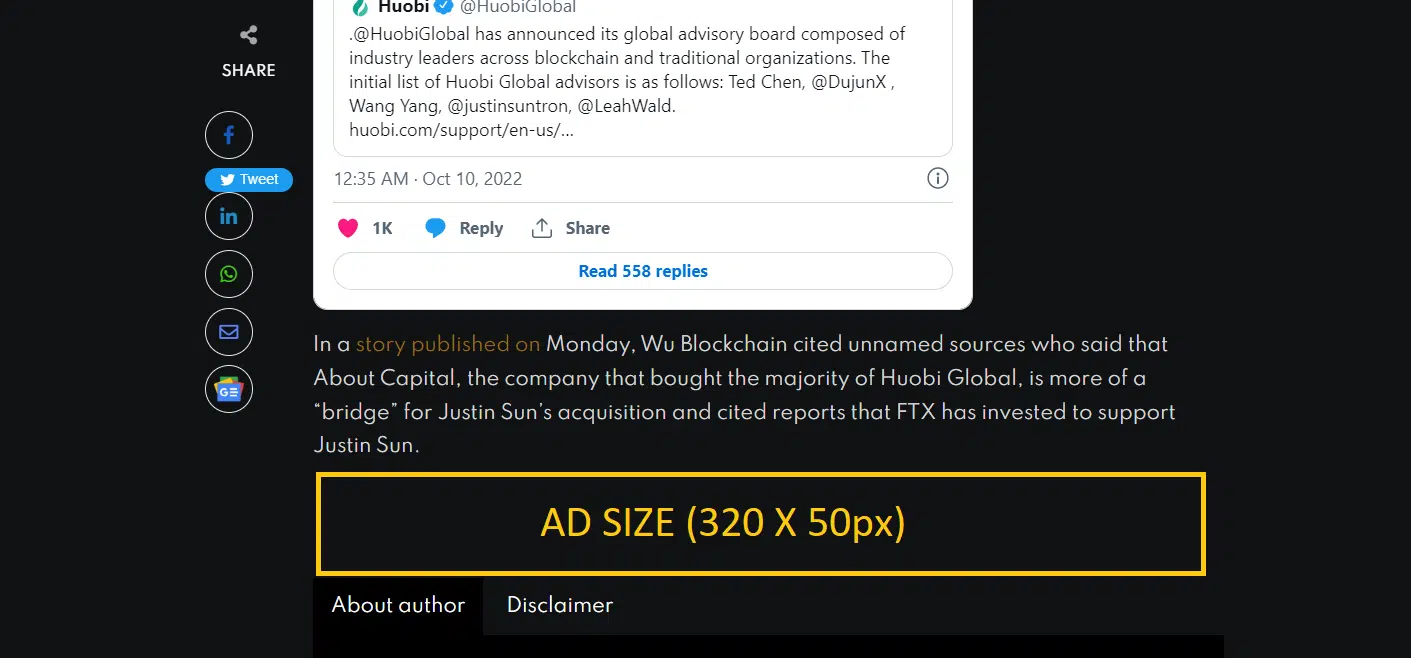Australian Senator Andrew Bragg has warned about the potential consequences of the Digital Assets (Market Regulation) Bill being rejected by parliament. Bragg, the bill’s author, has argued that such a rejection would expose Australian investors to unregulated markets and drive investments away from the country.
On September 4th, the Senate Committee on Economics Legislation recommended that the Senate reject Bragg’s bill. Instead, they suggested that the government continue consulting with the crypto industry to develop appropriate regulations. Labor Party Senator Jess Walsh, the Committee’s chair, expressed concerns that the bill failed to align with the existing regulatory framework, potentially leading to regulatory arbitrage and negative outcomes for the industry.
In response to this recommendation, Bragg criticized the committee, emphasizing the importance of digital asset regulations in protecting consumers and fostering market investment. He argued that the rejection would expose consumers to an unregulated market and push investments offshore. Bragg highlighted that digital asset regulations had been on the legislative agenda since October 2021.
Given the presence of Labor Party members on the Senate Committee, he perceived the rejection as politically motivated. Bragg accused the committee of obstructing the implementation of digital asset regulations in Australia, expressing frustration that the government still needed a plan for enacting these regulations as of the end of 2023.
However, Liam Hennessey, a partner at Clyde & Co., an international law firm, offered a different perspective. He suggested that the rejection of Bragg’s bill was more related to a separate regulatory process, specifically the Treasury’s consultation paper on the government’s “token mapping” exercise. Hennessey believed that the rejection was neither inherently positive nor negative for crypto regulation in Australia.
Hennessey pointed out that the Senate had a backlog of legislation to consider, which could explain the delay in addressing digital asset regulations. Nevertheless, he believed that Bragg’s bill and the industry feedback it generated would still inform the government’s approach to crypto regulation.
The Australian government’s “token mapping” exercise, launched by the Labor government last August, aims to identify how crypto assets and related services should be regulated and inform future regulatory decisions. While a public consultation paper was released in February, there has been limited mention of digital assets and broader regulatory plans from the government since then.
Bragg initially introduced the Digital Assets (Market Regulation) Bill 2023 in March, intending to protect consumers and promote investor confidence. The bill includes recommendations for regulating stablecoins, licensing exchanges, and establishing custody requirements. It is before the Senate and is expected to be voted on during the next sitting session. The fate of crypto regulation in Australia hinges on the decisions made in the coming months.















